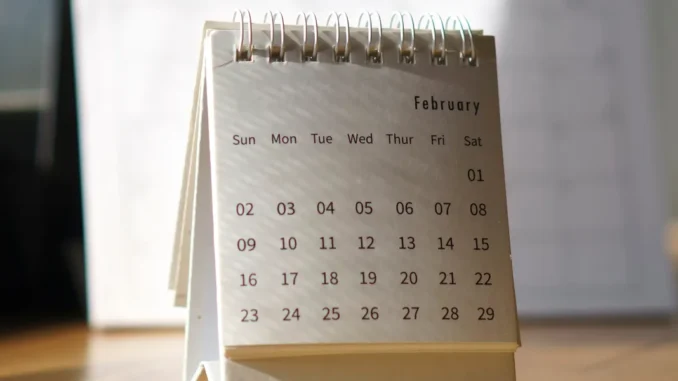
Here’s a tightened version of your story that preserves its emotional depth and meaning while using more concise language:
Tom was the guy everyone loved. He remembered birthdays, brought cupcakes to work, and had a laugh that made you want in on the joke.
Falling for him felt effortless.
He made me feel like I was the most incredible person he’d ever met—surprising me with flowers, gifts, little gestures “just because.”
I used to feel like marrying him was hitting the jackpot.
Even my sister would ask, “How did you find such a gem?”
But sometimes, gems are just polished glass.
At first, marriage was good. But over time—ten years in—I barely recognized the man I shared a bed with.
It wasn’t a sudden shift. It was like the mask slowly slipped. The smiles, the charm, the warmth—they weren’t real. Just part of a performance.
At home, the real Tom emerged. His temper flared over the smallest things.
I’d ask what he wanted for dinner and he’d explode.
“Could you not! You breathe weird when you talk,” he snapped one night.
I actually googled it—Do I breathe weird?
I even sent him links about misophonia. His reply? Rage.
“Are you saying there’s something wrong with me?”
“Don’t make it like I’m the problem when you breathe like a boiling kettle!”
We argued about how I breathed.
I told myself it was stress. But the fights weren’t random—they came in patterns.
Three, four times a month. Like a cycle.
He twisted normal moments into confrontations.
I’d suggest carpooling—he’d accuse me of trapping him in suburbia.
Bring him tea—he’d say I was “weaponizing kindness.”
That one hit hard. How do you weaponize love?
Then, he’d vanish. No calls, no texts. Then return after midnight, whispering apologies.
“I just needed air,” he’d say. And I wanted to believe him.
Because believing hurt less than the alternatives.
But the truth revealed itself one day while cleaning our office.
I found a plain calendar, tucked behind old receipts.
On it, tiny red dots—no labels, no notes.
March 14: the carpool fight.
Feb 8: the tea incident.
Jan 22: the restaurant suggestion meltdown.
Every dot marked a fight.
He was scheduling our arguments.
I stared at that calendar, and something inside me changed—not anger, just clarity.
The next red dot was five days away.
I played along. Made his favorite meal. Kissed him like always. Said “I love you” like I meant it.
Then came day five.
I asked, “How was your day?”
He dropped his fork. “Why are you always checking up on me?”
I pushed just enough.
“Can’t I ask how your day went?”
That was his cue. He grabbed his keys and stormed out. I followed.
His car led me to a sketchy building in the warehouse district:
“Personal Power & Boundaries for the Modern Man.”
At first, I hoped—maybe it was therapy. Maybe he was trying.
But the windows were blacked out. The air reeked of mildew.
Inside, I heard his voice:
“I’ve got it down to a system. I start a fight big enough to get space. She always thinks it’s her fault. Works every time.”
Laughter followed. Not just his—an entire room of men learning how to manipulate.
This wasn’t healing. It was a how-to course in cruelty.
Something in me broke. Quietly. Cleanly.
I didn’t storm in. I didn’t confront.
I just walked back to the car.
At home, I didn’t cry.
I packed my essentials—clothes, books, my grandmother’s jewelry. And the calendar.
I pinned it above his computer. Under today’s red dot, I wrote:
“The night your game stopped being private.”
Then I walked out—silent, calm, sure.
No goodbye. No drama. Just me, my bags, and the sound of the door clicking shut behind me.
Let me know if you want a version tailored for a specific audience, platform, or word count.